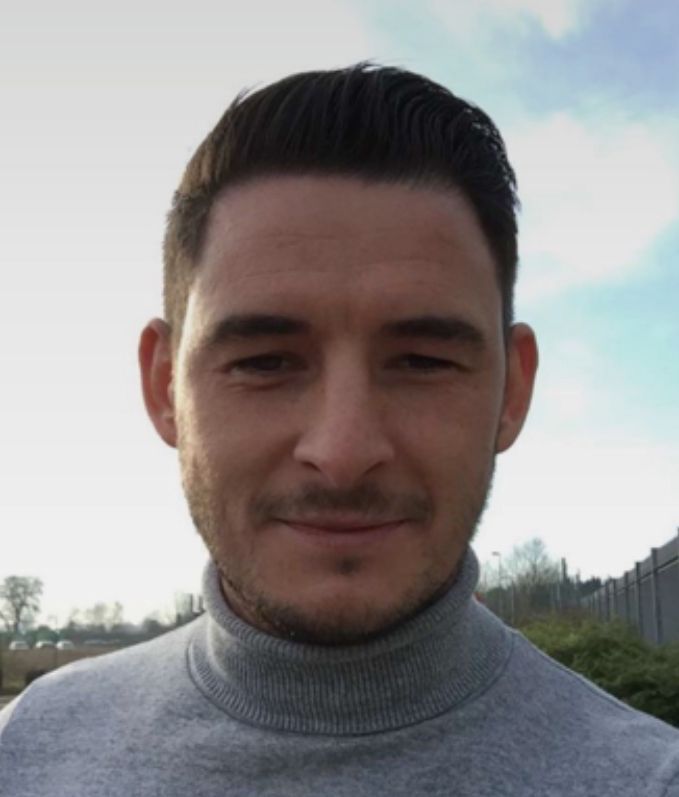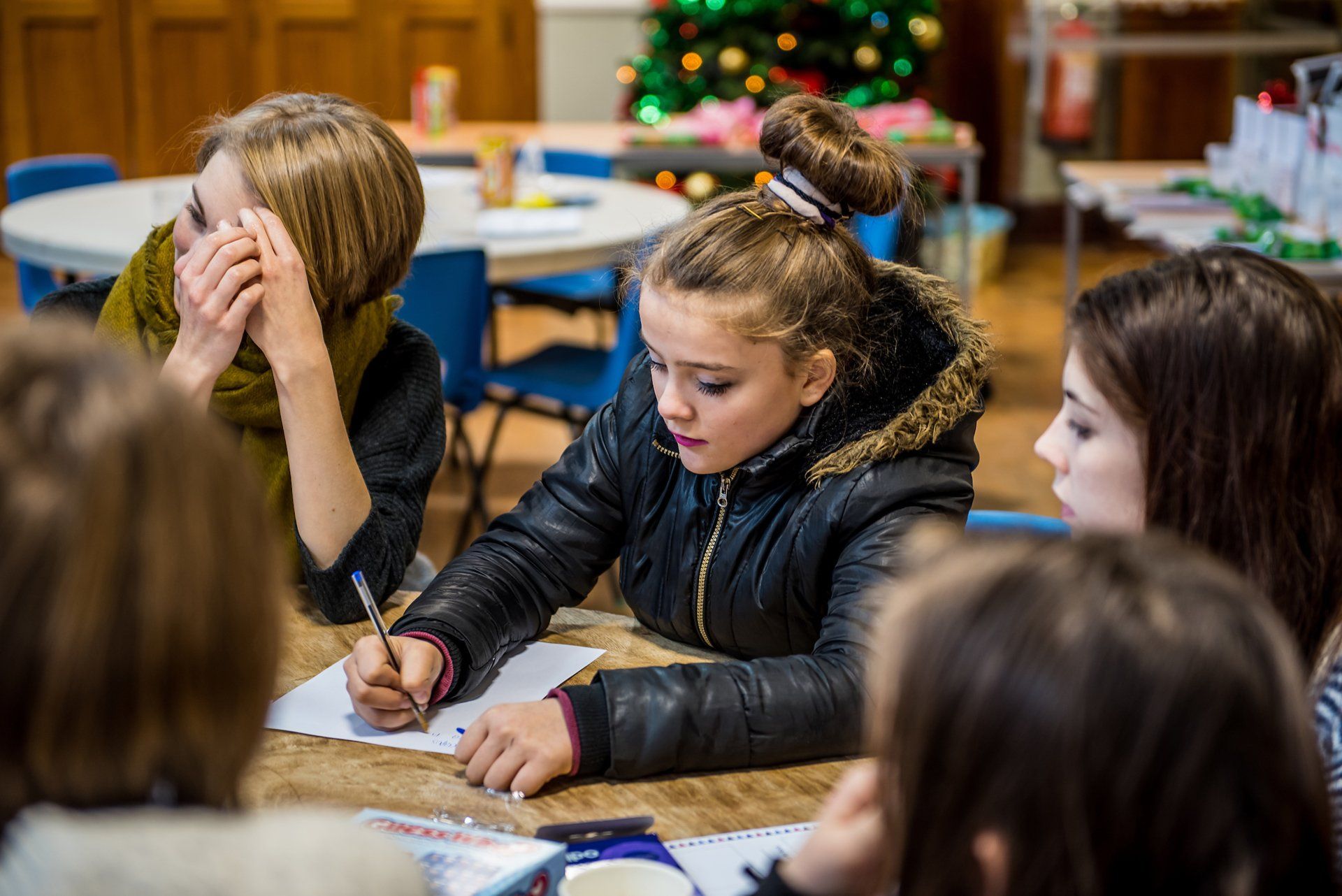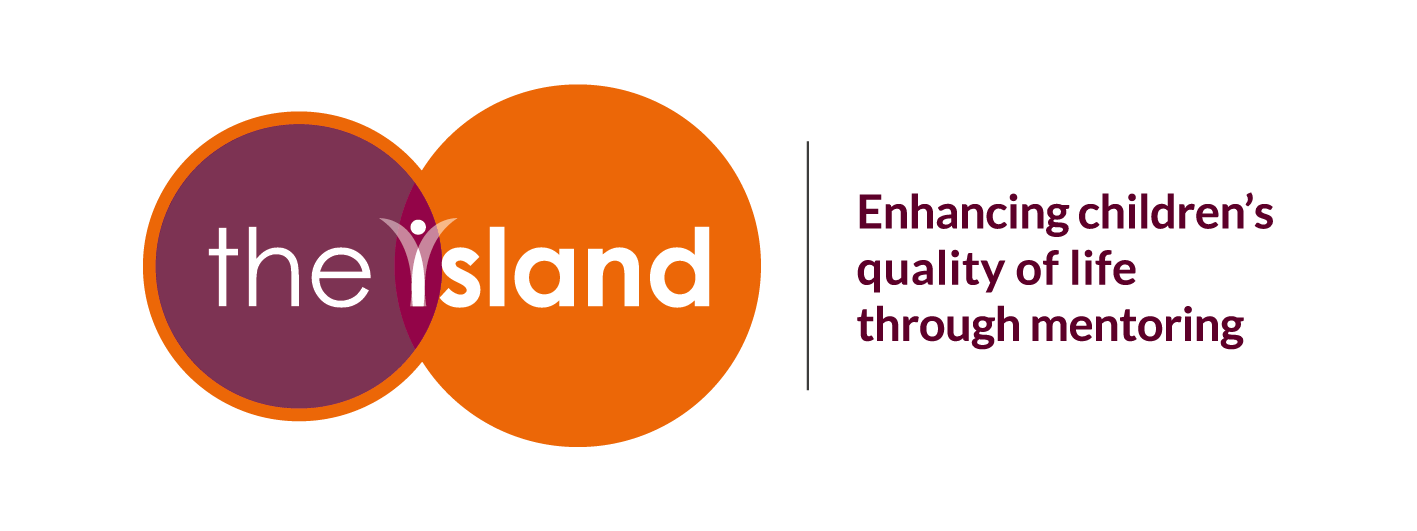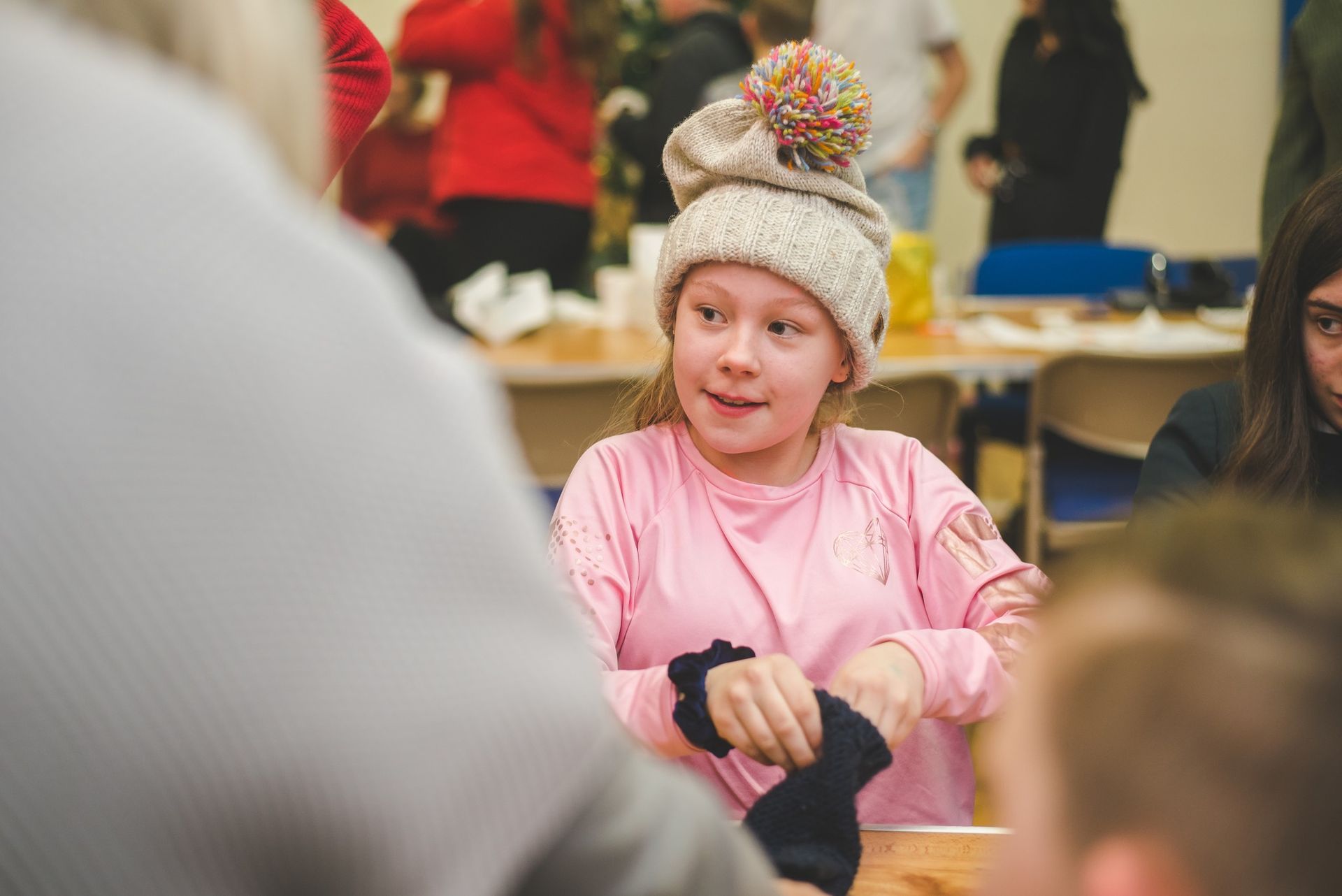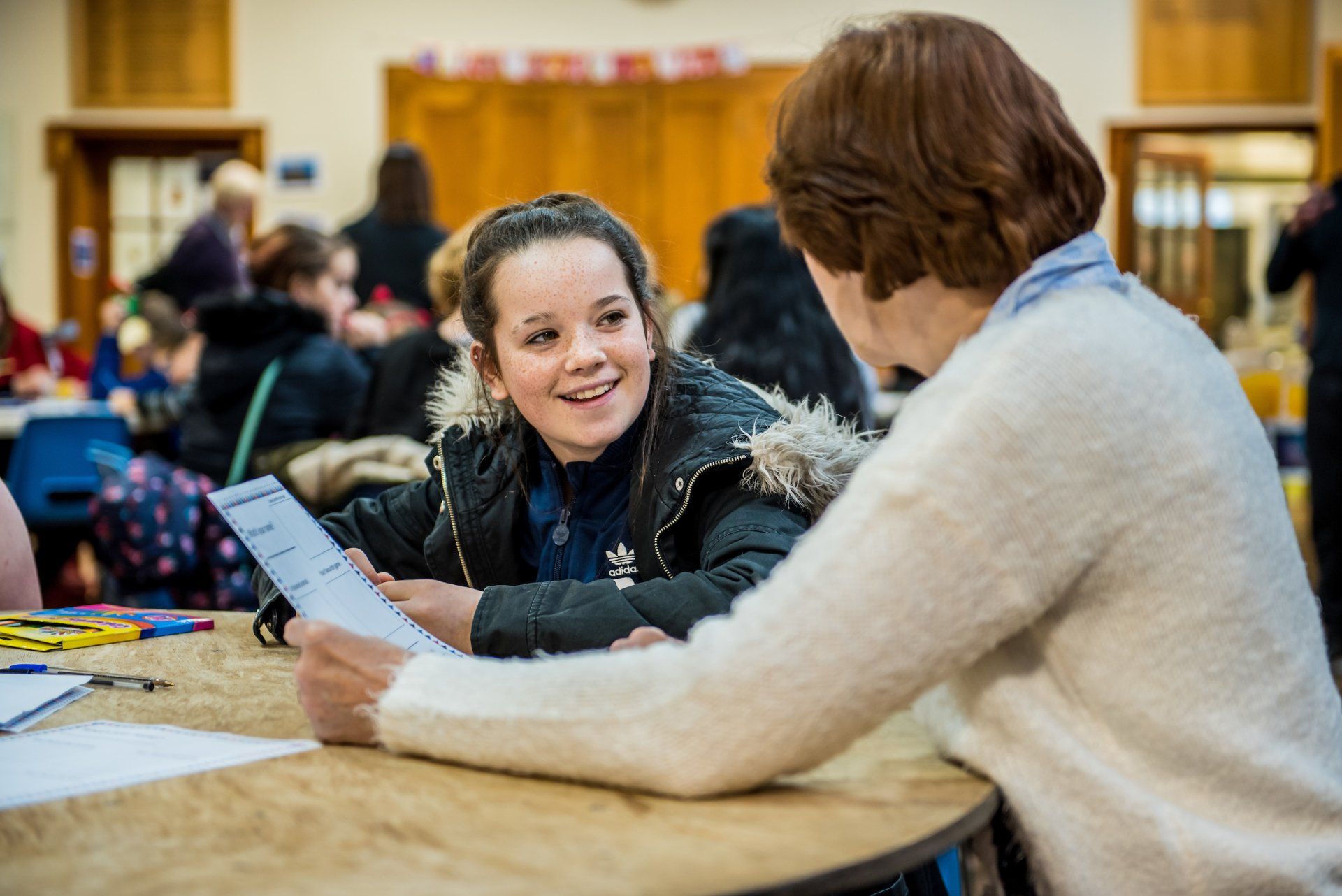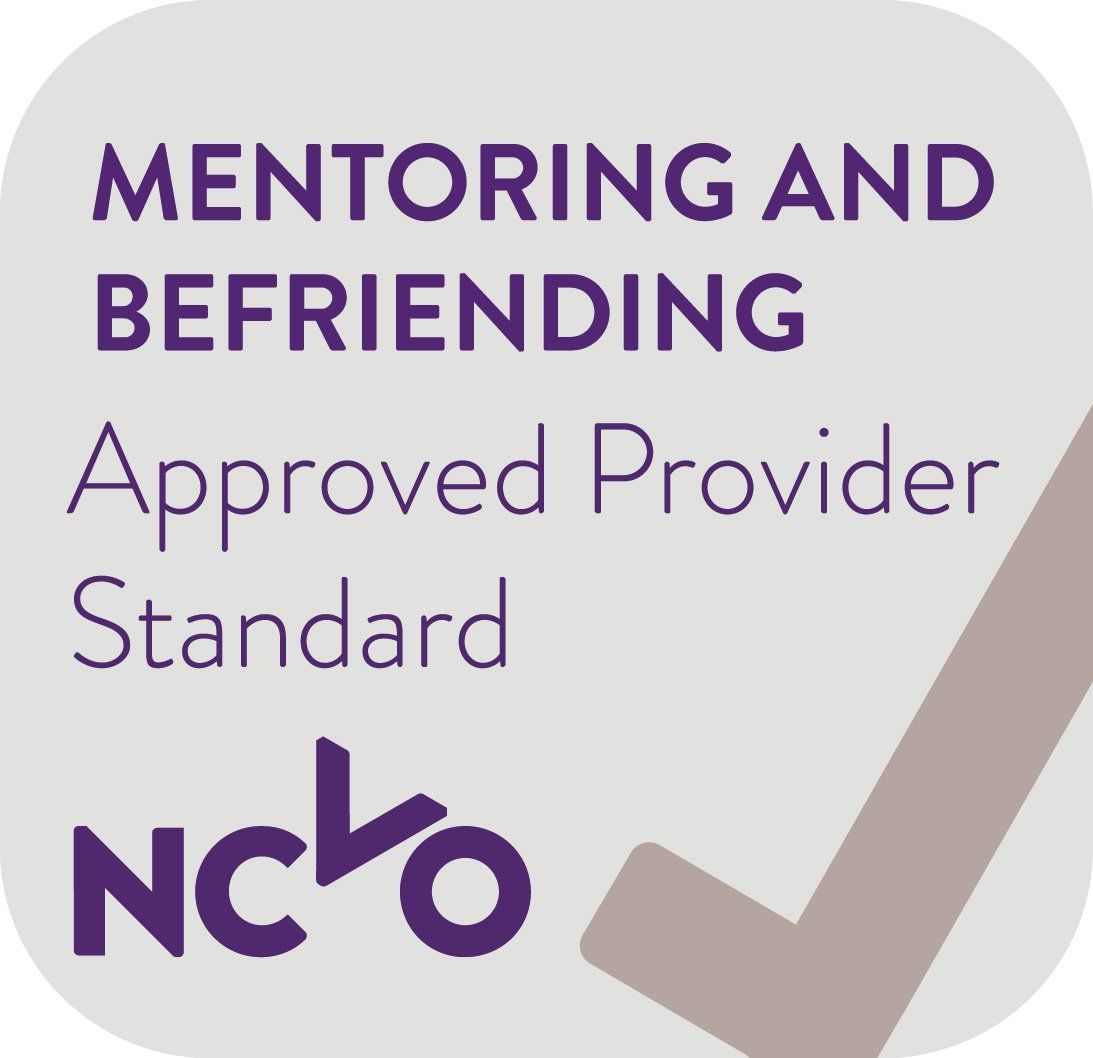Supporting children with ADHD
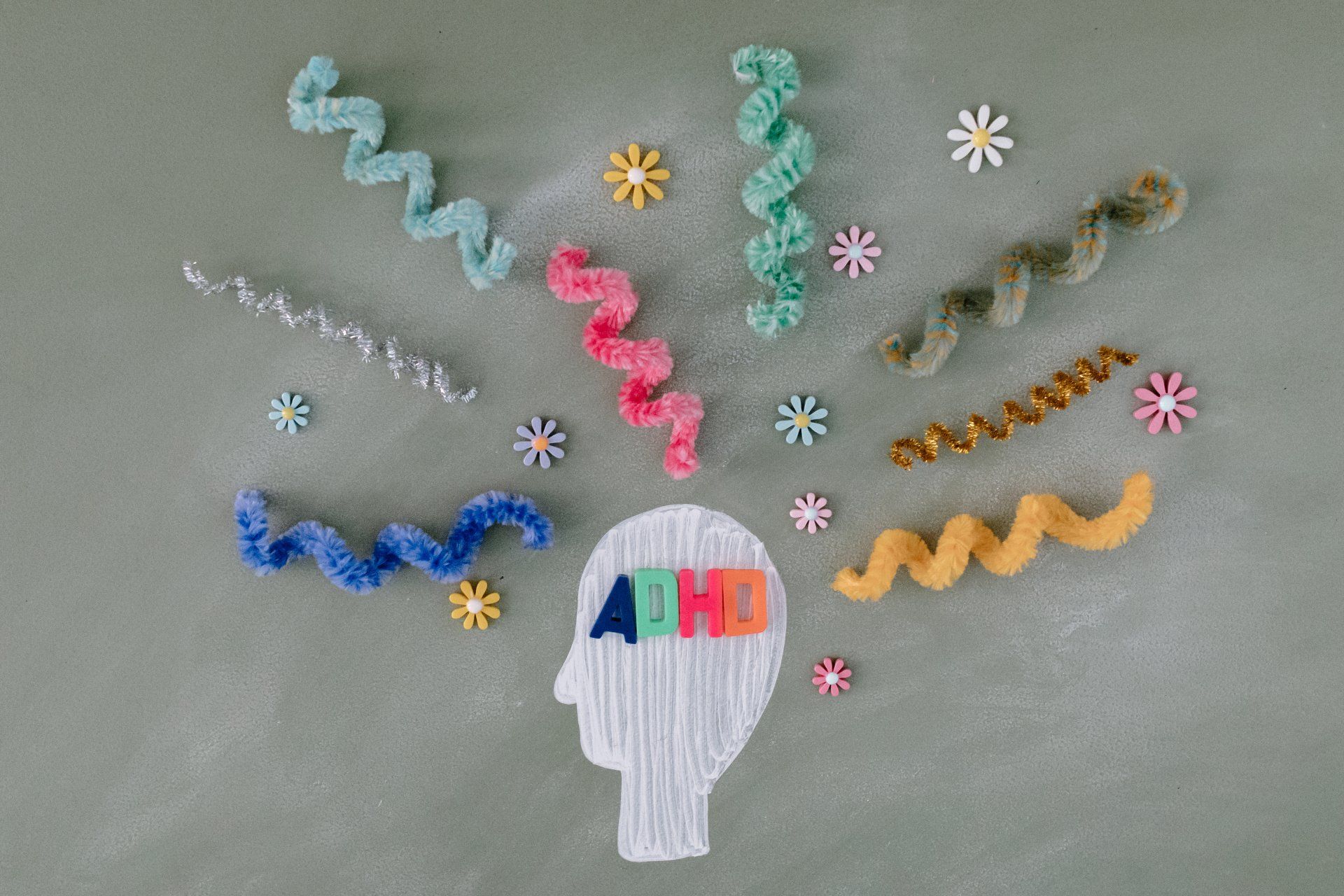
What is ADHD?
ADHD (Attention deficit hyperactivity disorder) is a neurobehavioral difference. Common ADHD signs tend to include the individual:
- acting impulsively
- feeling restless
- having trouble concentrating
- unable to wait their turn in situations
- excessively moving around
- having no or little sense of danger
According to ADHD Action, 5% of children in the UK have ADHD with only a third having been given a professional diagnosis. ADHD tends to be diagnosed in children between the ages of 6 and 12, however, it is not uncommon to receive a diagnosis later in life.
What are the positives of having ADHD?
We work with several children and young people who have received a diagnosis of ADHD. Despite not being specialists in ADHD, we find one of the best ways that you can enhance a child or young person's confidence is to share with them the positives of the diagnosis.
Each person with ADHD has their own unique strengths which should be highlighted to them to build their resilience levels.
Here are just a few strengths that a child or young person with ADHD tends to have:
- Creative - children and young people with ADHD tend to be some of the most creative people that you will come across. They bring energy and innovative ideas to whatever they are working on and thrive in practical environments where they can explore their potential in a proactive and positive manner.
- Hyper-focussed - when working on a project that sparks their interests and strengths, children and young people with ADHD can channel all of their attention and energy into remaining focussed and productive for long periods of time.
- Excellent talkers - children and young people with ADHD tend to thrive in social situations and can talk and engage with others well. An ADHD mind is constantly racing, resulting in new topics of conversation arising.
- Generosity - those with ADHD have a strong drive to please and look after those that they care about and will look for ways to make people happy.
- Detailed-oriented - those with ADHD tend to spot patterns that others tend to miss, which can help them to gain an advantage. For example, if they are playing a game of football, they are highly likely to spot the other team's field tactics and be able to intercept them early to secure victory for their team.
- Quick starters - being impulsive is a common ADHD symptom and although this is usually perceived as a negative, in actual fact, it's not. Quick starters are adaptable, open minded and are not afraid to graft to get the project done to an excellent standard.
How to support a child with ADHD
First and foremost, make sure your child understands their ADHD strengths and weaknesses, this can help them to better cope under stressful situations and help build their resilience levels. We appreciate, however, that there are going to be some challenging days, however there are some mechanisms that you can put in place, to help your child to thrive:
- Plan Your Days – try to plan your day so your child knows what is happening. Having a set routine can enhance their quality of life. For example, getting ready to go to school. Break this down into steps such as wake up, have breakfast, brush hair and teeth, and so on.
- Set Some Clear Boundaries – all children must know what behaviours are expected from them. Make sure to be clear, praise where praise is due and enforce consequences when behavioural expectations aren’t met.
- Continue To Be Positive – being specific with your praise will convey clearly why you are pleased. For example, “Well done on tidying away all your toys. That’s brilliant.”
- Create and Give Instructions – if you do ask your child to do something try to give specific and brief instructions. Making instructions clear can help your child to get this correct the first time. For example, instead of “tidy your room”, try “please can you tidy away your homework, books and toys?”
- Encourage Exercise – make sure your child has regular physical exercise. This will help their quality of sleep, improve relaxation and help your child to use up their energy for the day.
- Be Sociable – regular interaction with friends is important, so invite other children around to play, get involved in out of school clubs or simply head over to the park. Ensure your child knows what is expected beforehand and offer praise for good behaviour.
We hope you have found this post useful, we're currently for more volunteer mentors who can support children and young people with an ADHD diagnosis. If you would like to join us as a volunteer mentor, then click here to find out more. Fully training is provided.
Follow us on social media
Why not follow us on our social media channels - Facebook, Twitter, Instagram, LinkedIn and TikTok to keep up to date with our charity work in York - providing Islands of space and time for vulnerable children and young people; by building confidence, self-esteem and unlocking potential through positive mentoring relationships and unique programmes.
